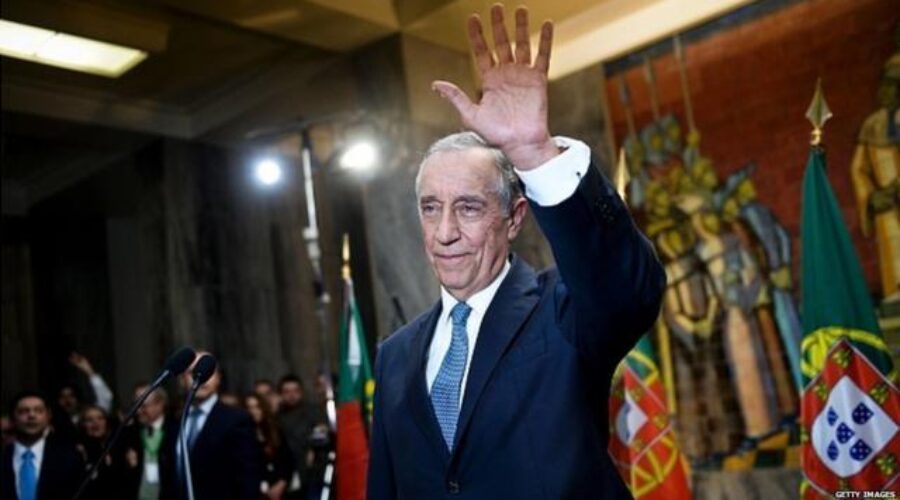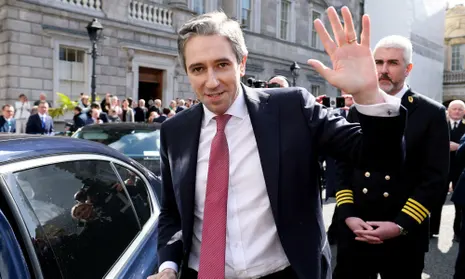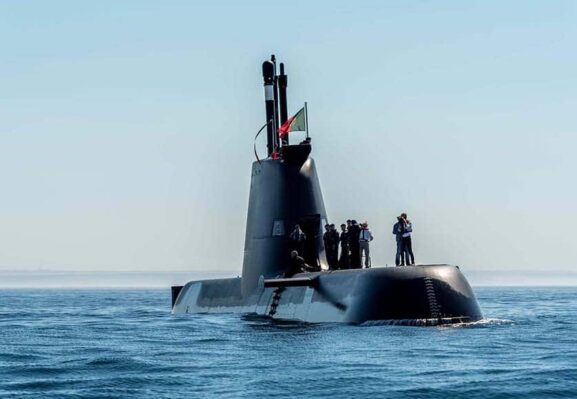25 April revolution left a lot to do in education, health
Portugal’s president said on Monday, in front of hundreds of young people, that the 25th of April “left a lot undone”, in education and health “for example”, and that there is therefore “a race against time”.
“The 25th of April left a lot to be done. Some it did and some it didn’t do. And the things it did do were quickly outdated. For example, education. There was an opening up of quantity in education. But did the quality keep up? No. Schooling took a long time to be improved. In health, the NHS (National Health Service) got off to a very good start, but then it expanded and expanded and began to have problems from decade to decade,” said Marcelo Rebelo de Sousa.
In the year that marks the 50th anniversary of the 25th of April, and in the first of three talks on the Carnation Revolution with young people that he announced he will be having “soon”, Marcelo Rebelo de Sousa said at the Rodrigues de Freitas School in Porto that there is “a race against time” given “the feeling that what is being done is not enough compared to what should be done”.
“Speaking of inequalities in the country… The country before the 25th of April was very, very poor. Poverty was rapidly recovering in some centres, in the cities, in the metropolises, but less so in the countryside, border areas and some regions in the middle of the mainland. In addition to the inequalities that existed, new inequalities were added,” he lamented.
With the new minister of education in the audience, in Fernando Alexandre’s first public act as minister, Marcelo Rebelo de Sousa considered that “the country has made a lot of progress in digital”, but “it hasn’t reached everyone”.
“What consolation do we have? There was one thing that was never lost: Freedom! During these 50 years, governments and parties have changed, new parties have appeared, parties have disappeared, opinions have changed, ideas have changed, movements have changed, but there is one thing that has been acquired forever: we don’t want to go back to a dictatorship. We don’t want a single party running the country,” he said.
Arguing that the countries with the highest environmental quality, as well as the most technically and scientifically advanced, live in a democracy, Marcelo Rebelo de Sousa said that “today’s great wealth is to continue fighting for freedom, pluralism and change”.
The country’s president – who had planned to speak for 15 minutes and answer “half a dozen questions” for “maybe another hour” and ended up speaking for more than two hours and only interrupted the round of questions when some of the pupils asked to go to lunch – took the opportunity to leave a message for the young people.
“It’s the young who will be decisive in the future of 25 April. It was young captains who made 25 April happen, now it has to be young people who redo 25 April as many times as necessary,” he stressed.
Confronted by the children – who welcomed him in the pavilion with flags from various countries and to the sound of Zeca Afonso’s “Uma gaivota voava voava” and were the only ones who had the opportunity to ask the Head of State questions this morning – Marcelo Rebelo de Sousa addressed other topics such as the war in Europe and the role of the US elections in the future world balance.
“The American elections will be decisive and will have repercussions in Europe (…). It makes a difference whether Europe counts on the US or not. If it doesn’t, Europe faces a challenge (…) More investment in security that means less investment elsewhere,” he said.
Invited to share how he experienced 25 April, Marcelo Rebelo de Sousa, who was working as a journalist for the newspaper Expresso in 1974, said that he knew from friends that a military movement was imminent and that it was going to be carried out by captains.
As for the exact date, he realised it on the very morning of 25 April when, on his way home to take a shower after going to Restelo to watch a football match, he came across the convoy that was going to take control of the Rádio Clube Português.
“I phoned key people like Francisco Sá Carneiro and others (…). At Expresso, a kind of centre was set up with antennae at the various points of operation. I spent part of the day at Expresso and in the occasional breaks I went out into the street,” he described.
After Porto, similar talks will follow in Lisbon and Santarém, Salgueiro Maia’s hometown.
Before the debate, Marcelo Rebelo de Sousa had the opportunity, accompanied by the school’s head teacher, Henrique Almeida, to see the enrolment records and attendance certificates of the founder of the PSD and former prime minister, Sá Carneiro, as well as a 3D printer project being developed by a group of pupils that aims to print monuments in three-dimensional format for people without sight.
As he passed into the pavilion, Marcelo Rebelo de Sousa waved to the children who were in class and greeted him with a surprised “look it’s the President!”.


